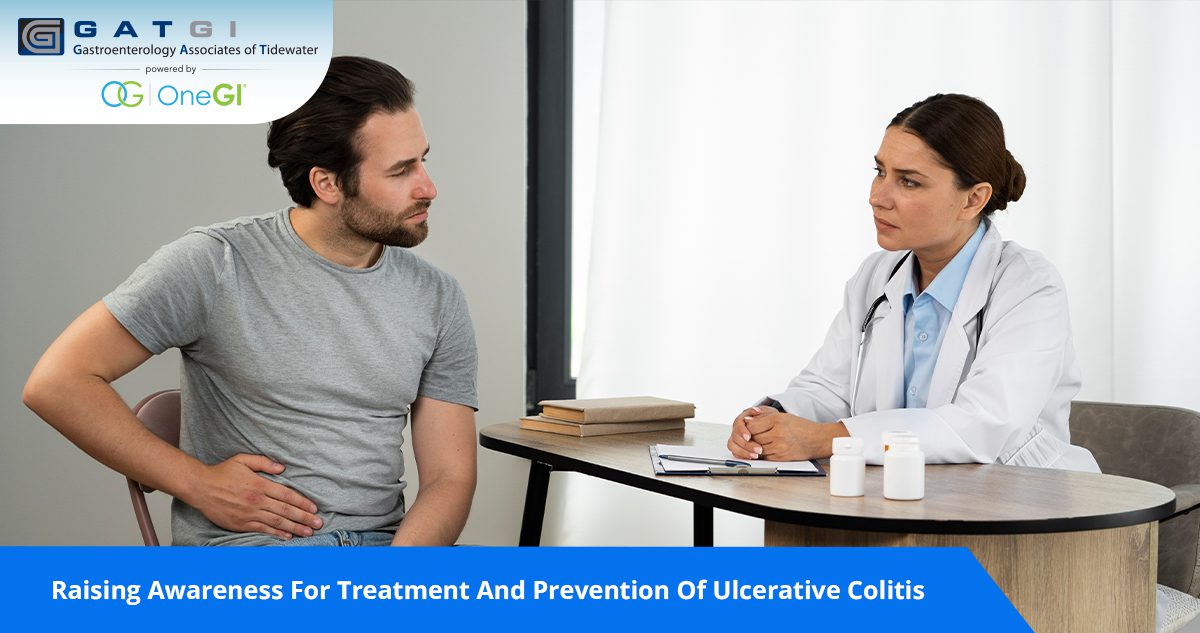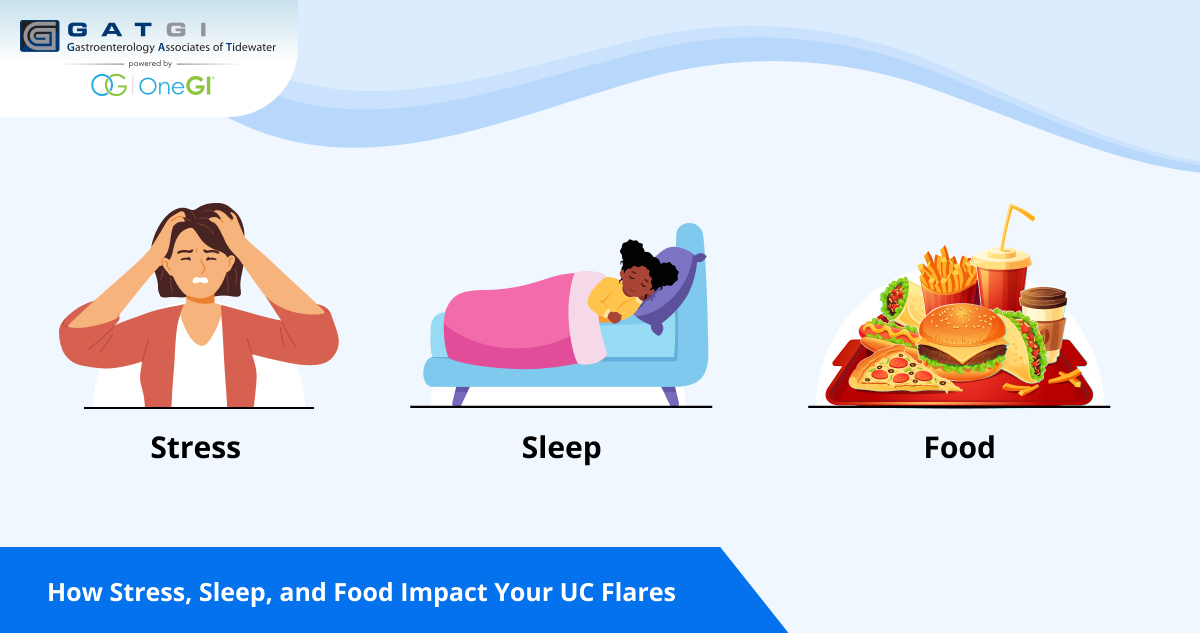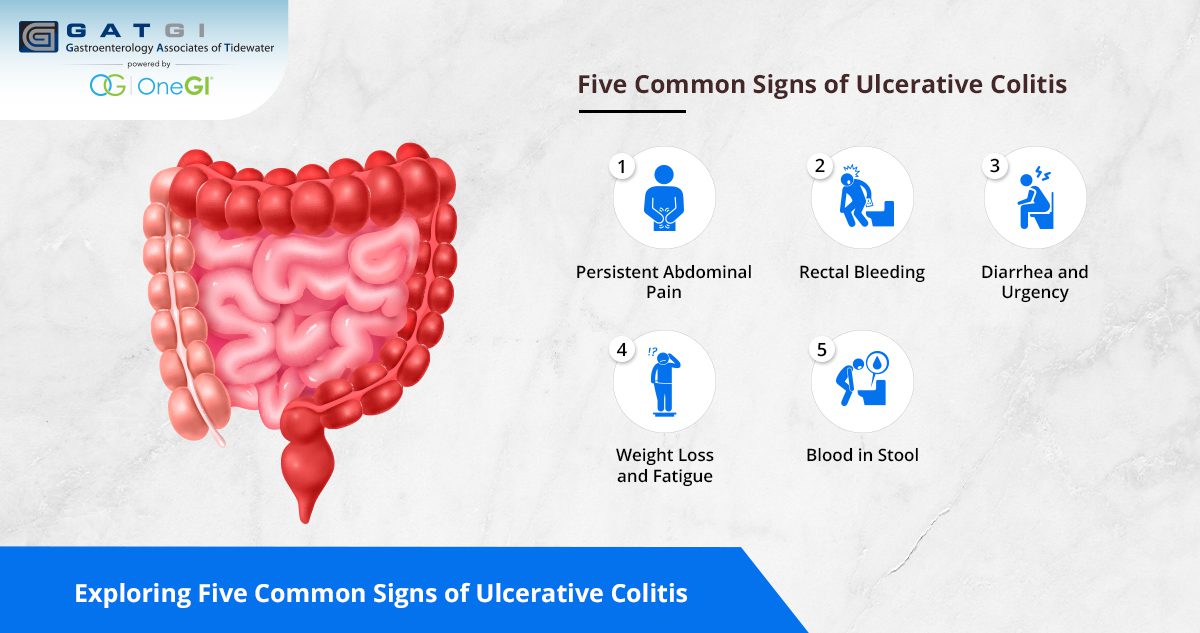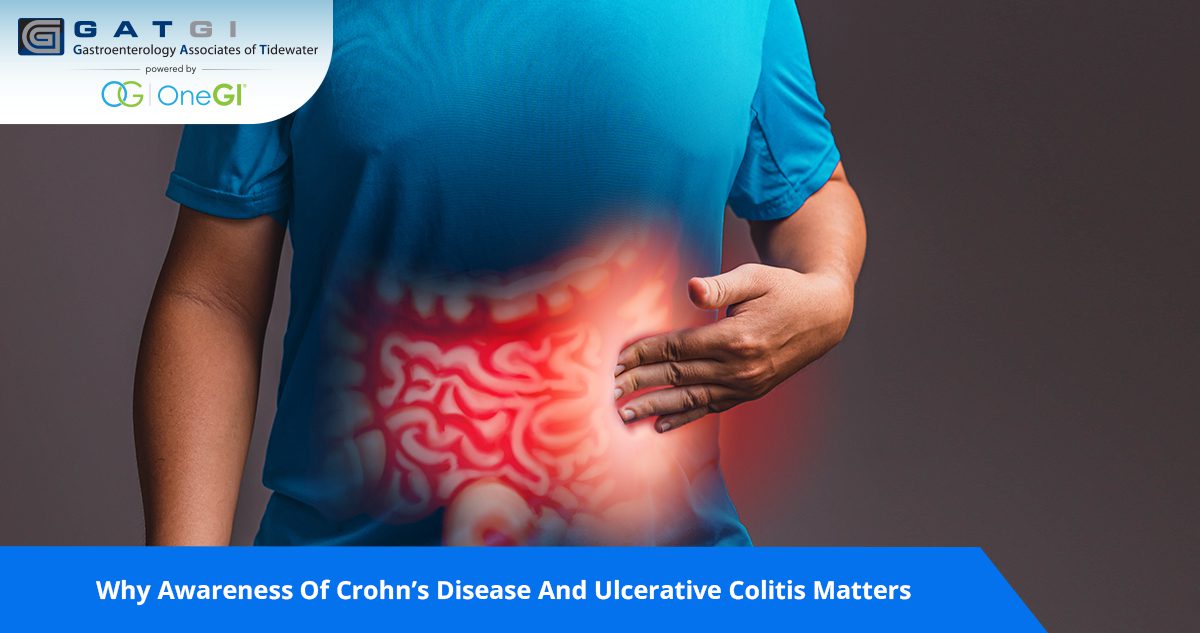Ulcerative colitis is a chronic disease of the large intestine, or colon, in which the lining of the colon becomes inflamed and develops tiny open sores or ulcers. This can cause discomfort and frequent emptying of the colon. By increasing awareness about this condition, we can potentially prevent its onset and effectively manage its impact.
Ulcerative colitis is one of the two types of Inflammatory Bowel Disease (IBD), the other being Crohn’s disease. Though both conditions share similar symptoms — abdominal pain, diarrhea, weight loss, and fatigue — they affect different parts of the gastrointestinal tract. Being aware of these similarities and differences is essential for understanding the disease and for facilitating early diagnosis.
The Importance of Early Detection in Ulcerative Colitis
Early detection of ulcerative colitis can greatly influence the management and progression of the disease. Detecting the disease in its initial stages allows for a more effective treatment strategy, potentially reducing flare-ups and promoting a better quality of life. Awareness of the symptoms and seeking prompt medical attention when they appear is key to early detection.
Symptoms of Ulcerative Colitis
Ulcerative colitis is often characterized by its symptomatic flare-ups, which can vary in intensity and duration. One of the primary symptoms is persistent diarrhea often accompanied by blood or pus. Other symptoms can include abdominal pain and cramping, which is generally more severe during bowel movements. Unintended weight loss is also commonly observed, often resulting from loss of appetite or the body’s inability to absorb nutrients effectively. In some cases, individuals may experience fatigue, fever, or anemia. It’s important to note that these symptoms can be similar to other gastrointestinal disorders, therefore a correct diagnosis is critical for effective treatment and management.
A gastroenterologist, a physician who specializes in treating diseases of the gastrointestinal tract and liver, plays a crucial role in early detection and treatment. Gastroenterologists can diagnose ulcerative colitis after ruling out other possible conditions. They use a variety of tests including colonoscopy, blood tests, and imaging tests.
Causes of Ulcerative Colitis
The exact cause of ulcerative colitis remains unknown. However, it’s widely accepted that multiple factors contribute to the disease’s development. There are two main categories: genetic predisposition and environmental factors.
When it comes to genetic predisposition, research suggests a potential genetic link between ulcerative colitis and family members with the disease.
Environmental factors, on the other hand, encompass a wide range of elements, from diet and lifestyle to exposure to certain bacteria or viruses. Some researchers argue that the modern Western diet, high in processed foods and low in fiber, may contribute to the development of ulcerative colitis. Other studies point towards high-stress levels as potential triggers for the onset of the disease.
Moreover, an overactive immune system response is also considered to be a significant factor. In people with ulcerative colitis, the immune system mistakenly attacks the cells in the lining of the colon, leading to inflammation and ulcers.
It’s important to note that more research is needed to pinpoint the exact cause. Understanding these contributing elements can lead to effective prevention strategies and improved treatment options, highlighting the importance of continued research in this area.
Living with Ulcerative Colitis: Managing Symptoms and Enhancing Quality of Life
While there is no cure for ulcerative colitis, through a comprehensive treatment plan, a patient can function normally and lead a full and rewarding life. Treatment for ulcerative colitis involves either drug therapy or surgery. The primary goal of treatment is to reduce the inflammation that triggers the symptoms. Once this is achieved, it’s crucial to maintain remission — a period during which a patient experiences no symptoms.
It is crucial to prioritize raising awareness about ulcerative colitis. Although gastroenterologists and other medical professionals are crucial in diagnosing and treating diseases, individuals who experience the symptoms need to seek medical advice when needed.
To schedule an appointment with a board-certified gastroenterologist in Virginia Beach, contact Gastroenterology Associates of Tidewater at (757) 547-0798.







